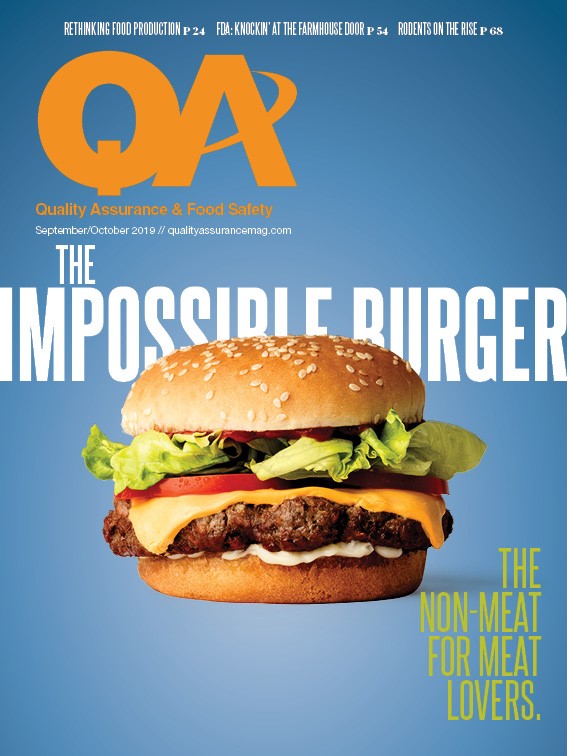
It was early fall of 1999 and my husband, Paul, and I were eagerly anticipating the birth of our twins. Despite some low-iron issues that had put me on bed rest, it should have been a fairly easy, typical delivery. But, without warning, the birth of Luke and Chloe became everything but that when the twins were born with Apgar scores so low, no one knew if they would live.
Apgar scores measure a newborn’s breathing effort, heart rate, muscle tone, reflexes, and skin color; 10 is best. With Luke scoring a 1 — with a slight temperature being the only sign of life — and Chloe, a little better at 4 but having a high level of infection, the two were immediately rushed to the neonatal intensive care unit (NICU). Suffering with a temperature that dropped so low my organs were shutting down, I, too, was taken to ICU where I was alert and aware that my children were dying, but was unable to see them for the first days of their lives. It was at this point, my husband later said, “I realized everybody in my family was extremely sick.” So sick, in fact, that we asked a priest to give Luke last rites.
Because none of us presented with normal foodborne-illness symptoms, numerous tests were run and medications attempted. So many that Chloe’s feet were bruised from all the injections and Luke underwent central line heart surgery to receive medications straight to his heart — as they could no longer find veins in which to inject medications.
At one point, while I was still in ICU, my husband brought me a photo of Luke, in which his tiny arm was raised above his head, “See, he’s waving hi to us!” Paul said. It was a comforting thought, until we learned that it was because he was having a seizure.
Not being able to be with my babies when they were so ill — with silent cries and voices hoarse from intubation, projectile vomiting, diarrhea, trying to keep medications down when everything wanted to come up — was pure hell. When I did finally get to see them, Luke had two IV needles coming out of his forehead.
It wasn’t until one of the nurses who had seen victims of a previous outbreak suspected Listeria poisoning. When the tests came back positive, Chloe and I were put on antibiotics, but Luke, who had ingested the Listeria-infected meconium while in the womb, faced more complications and had to be intubated.
It didn’t help my frame of mind to know that it was a meat product that I had eaten the month before that caused such suffering for us all. Having been put on bed rest due to low iron counts, the meat product my sister brought me was supposed to have been a help. But it became the vector that nearly cost my husband his entire family.
Altogether, I spent three days in ICU and five more in the maternity ward; Chloe spent 10 days in NICU; and Luke was in NICU for three weeks. It took several months — of diarrhea, severe acid reflux, and projectile vomiting for the twins; diarrhea, inability to breastfeed and excessive weight loss for me; and a slow, precarious process of weaning Luke off the phenobarbital that had helped mitigate his seizures — before we could even begin to say we were on the road to health.
Today, we are extremely careful with everything we eat. We heat supposedly ready-to-eat meat (which was the initial cause of the infection); we cook all meat to well done; we receive email alerts on food recalls; we go above and beyond to keep everything clean and sanitized.
We wonder why it still happens two decades later; we wonder if we will ever forget. But, most of all, we wonder how — but are so thankful that — we all three survived when the Listeria strain that affected us kills 30% of those stricken with it. We continue to advocate for food safety and tell our story wherever we can — asking that you, who process and prepare consumers’ food, think about the people in your family and others you love, and how food contaminated with Listeria could affect them. Then do everything you can to prevent it.

Explore the September October 2019 Issue
Check out more from this issue and find your next story to read.
Latest from Quality Assurance & Food Safety
- Scentian Bio Wins Top Prize at IFT FIRST Startup Pitch Competition
- Evigence Debuts FreshSense to Change How Food Industry Measures Freshness
- Acme Releases Automated Scraper Strainer
- Mitzi Baum to Step Down as CEO of Stop Foodborne Illness
- USDA ARS Scientists Develop Pectin That Gels with Low-Sugar Products
- GS1 US Celebrates 50-Year Barcode 'Scanniversary' and Heralds Next-Generation Barcode to Support Modern Commerce
- New Florida Extension Agent Will Teach Stakeholders About Food Safety
- Athletic Brewing Company Announces $50 Million Equity Financing Round Led by General Atlantic





